How long does a dog live? Life expectancy of dogs is multifactorial
Breed, heredity or lifestyle influence the longevity of dogs

HOW DO YOU KNOW HOW LONG A DOG WILL LIVE?
Approximate reading time: 6 minutes
Everyone who is lucky enough to share their life with a dog wishes these adorable animals could live forever. Unfortunately, one day you will have to say goodbye to your pet, so you should be prepared and, above all, provide all the necessary care to delay this inevitable moment. Dogs can live from 8 to 20 years, although there have been cases of animals that have surpassed this age, such as the world's longest-living dog, who reached the age of 30. Incredible! But, above all, a dog's life expectancy depends on different factors, so it is very difficult to predict how long our furry friend will be by our side.
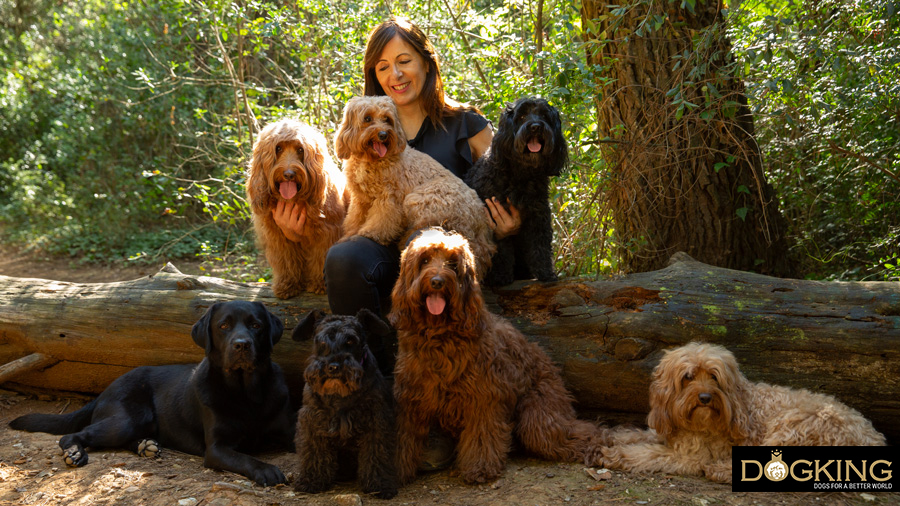
Table of contents
1- Factors in dog life expectancy
2 - How to care for an elderly dog
Factors in the life expectancy of dogs
In order to discuss the longevity that dogs can achieve we must understand that there are many interlocking factors that affect their ageing. Although it is common to try to draw parallels between the growth of dogs and humans, it makes sense to compare the development of two totally different species. Neither is one human year equivalent to 7 dog years, nor is there really a regular equivalence since, for example, in the first year of life alone, a puppy develops in a similar way to what takes about 15 years for humans (until they reach adolescence). That understood, let's look at how long a dog can live depending on their characteristics and circumstances. These are the factors that affect life expectancy:
-
Breed
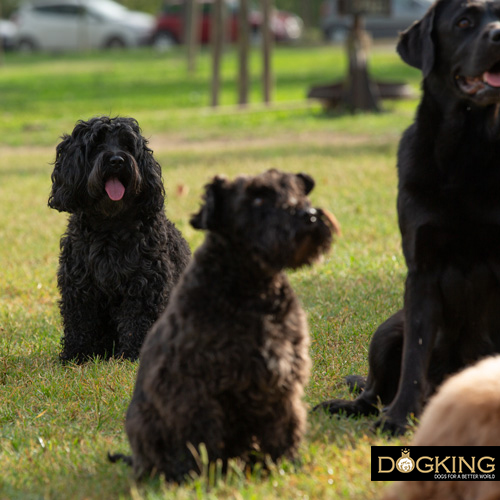
Within the dog breeds there are differences in longevity. For example, Chihuahuas can live up to 20 years, while Dachshunds or Dachshunds live up to 17 years in many cases. Pomeranians, miniature schnauzers, beagles, jack russell terriers or border collies are other breeds whose longevity is above average. On the other hand, dogs with a shorter life expectancy include the so-called brachycephalic breeds, such as French bulldogs or pugs. These animals tend to extend their lives to 7 or 8 years only, as they have more respiratory and spinal problems due to their physiognomy.
-
Size
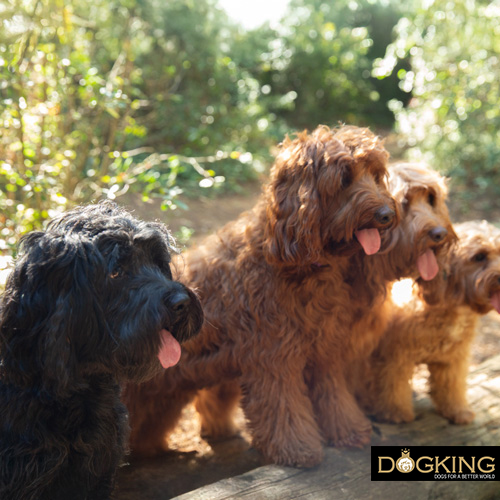
If it has struck you that most of the dogs we have mentioned as the longest-lived are medium or small in size, no, this is no coincidence. Science has shown that smaller dogs can live up to 20 years, compared to 15 years for medium-sized dogs. However, statistically speaking, large dogs would live for 8 to 10 years. According to a study by the Faculty of Science at the University of Melbourne, larger dogs live shorter lives because they age more rapidly. This earlier deterioration is due to their much faster growth, which can lead to abnormal tissue development, such as tumours or cancer.
-
Gender
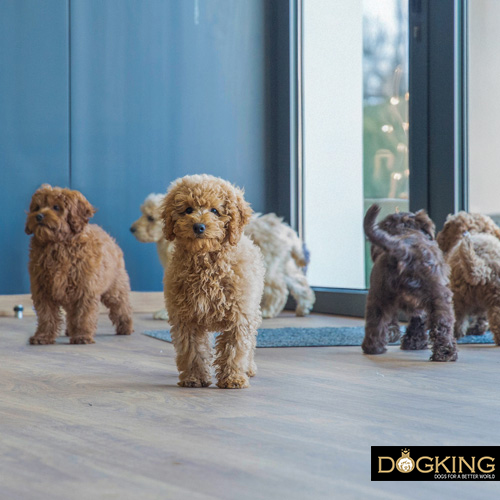
As in humans, life expectancy is slightly longer in female dogs than in male dogs, and this is also true for other mammals. This is demonstrated by a study by the Royal Veterinary College in the UK, which gives an average life expectancy of 11.1 years for male dogs, while female dogs outlive male dogs by four months. Although this is not a very noticeable difference, it is interesting to consider.
-
Genetic inheritance

Another important factor that determines the longevity of a dog is their genetic inheritance. Dogs with parents who reached an advanced age are more likely to live longer, although this, as we know, depends on many other aspects. In addition, it should be taken into account that some diseases that reduce the life expectancy of these animals are hereditary, so the good or bad health of their parents is also a factor that influences the ageing and life span of a dog. Hereditary diseases in dogs include hip dysplasia, heart disease and cryptorchidism.
-
Diet
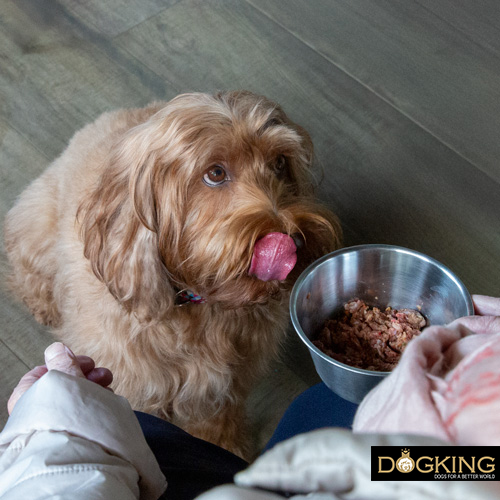
A good diet is the key to a dog's quality of life, but also to a long life. Dogs are omnivorous animals, but they need to base their diet on animal proteins for the most part, combined with fruit and vegetables. In addition, the diet should be specific to the size and weight of the animal, and possible intolerances or pathologies should also be taken into account. An insufficient or nutritionally poor diet can lead to numerous health problems for our pet, some with permanent and very serious effects that could shorten their life. Dogs with a healthy and nutritious diet live longer and better, so don't forget to consult your vet to establish the most suitable diet for your pet.
-
Quality of life
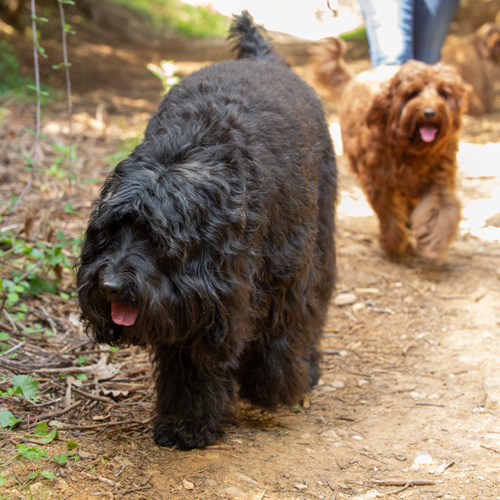
A dog's lifestyle is a major determinant of their ability to live longer. The ideal life for a dog is one in which all their physical and psychological needs are met. This includes good nutrition, sufficient and stimulating exercise (not only physical, but also mental challenges), a loving and reliable environment, training, socialisation, contact with other dogs and people, freedom... There are many factors that make a dog's life a full and happy one, and many of them depend on us.
The best thing you can do for your pet if you want to enjoy them for many years and prevent them from developing health problems is to take good care of them. Be aware of their symptoms, their appearance and their behaviour to detect any problems early. Keep their vaccination and deworming schedule up to date and visit the vet regularly for general check-ups. Play with your dog at least a little every day to strengthen the special bond between you. Training is also very important, as it allows the dog to be calmer and more balanced, avoiding obsessive disorders and anxiety, two pathologies that can reduce your dog's life expectancy. In addition, it is essential that you walk them several times a day (one of them should be a long, relaxed walk in which they can explore and sniff everything around them).
How to care for an elderly dog?
As long as we take proper care of our dog and avoid exposing them to risky situations, they will usually reach their senior stage. When this happens, make sure you are well informed about the specific needs of this period of their life. You may notice certain changes in their physical activity, their behaviour, even their appearance. It's natural, your friend is getting older and it's up to you to make sure they live their old age as comfortably as possible. Consult your vet about any of these changes so that they can tell you how to adapt to them and make more frequent check-ups to ensure that they are always in the best possible health so that they can continue to live their years in happiness and comfort.